Your Guide Physical and Chemical Sunscreens—Straight from the Derms



Lindy Segal


If you’re here, you probably already know that you should be wearing sunscreen every day. You may also know that there are two distinct types: chemical sunscreen and physical sunscreen (aka mineral) that work in very different ways to protect your skin from sunburns and other types of sun damage. There’s also a good chance you’ve heard mixed messages about both. The world of sun protection can be particularly confusing, but that shouldn’t deter you from finding a product you love. That’s why we tapped South Texas-based board-certified dermatologist Adeline Kikam to help uncomplicate the two types of sunscreen, so you can make an informed decision on what you want to wear every day. Continue reading below for a full breakdown, as well as some all-star product picks.
It's about glam time you treated yourself.
Join IPSY

MEET THE EXPERT
Adeline Kikam, DO, MS, FAAD is a South Texas-based board-certified dermatologist and skin of color advocate for inclusive skincare and dermatologic health.
What’s the difference between physical and chemical sunscreen?
It all comes down to active ingredients. “Chemical sunscreens use organic filters that absorb ultraviolet radiation and release it in the form of heat,” explains Dr. Kikam. Physical sunscreens, as the name suggests, physically block UV rays. “Mineral sunscreens use inorganic filters or metal oxides,” explains the derm. “The two FDA-approved inorganic filters are zinc oxide [ZnO] and titanium dioxide [TiO2], which work by absorbing, reflecting, or scattering ultraviolet light.” But let’s dig a little deeper, shall we?
What to know about chemical sunscreen
The sunscreens you grew up with, and the majority of sunscreens on the market today are chemical formulas. According to Dr. Kikam, common chemical actives include para-aminobenzoic acid (PABA) derivatives such as benzophenones, salicylates, and cinnamates. “These UV filters are often combined together in formulations to help increase photostability, meaning reduce their likelihood of breaking down when exposed to light,” explains the derm. One major benefit of chemical SPF is that it tends to be more wearable, even completely transparent. “They are known to be more cosmetically appealing on skin, leaving no white cast,” says Dr. Kikam.
What to know about physical sunscreen
Although chemical sunscreens are more common, physical aka mineral sunscreens have become increasingly popular. “They are, for the most part, non-toxic, non-allergenic, and largely unaffected by light, so are most photostable and do not break down when exposed to light unlike organic filters,” explains Dr. Kikam. However, the formulations are thicker and can have an opaque, almost chalky finish. “They are notable for the white pasty color they leave on skin which can be very cosmetically unappealing especially on darker skin types,” says the derm.
Is physical or chemical sunscreen right for you?
As most experts will tell you, the best sunscreen for you is the one that you like wearing, and won’t mind putting on daily. Chemical sunscreens offer high SPF counts, and because of their transparent formulas, you won’t even know you’re wearing it. But sensitive skin types may prefer mineral sunscreen. “Chemical sunscreens with certain organic filters like octocrylene, oxybenzone, and avobenzone, have been associated with a higher prevalence of allergic or irritant contact dermatitis in skin,” explains Dr. Kikam. Still, she says, “I won’t outright avoid them because the overall formulation of the sunscreen matters as well.” Those with acne-prone skin, or certain skin conditions may react better to physical formulas, too. “Mineral sunscreens may be preferable to chemical sunscreens in allergy-prone patients or those with sun-sensitive conditions like rosacea and lupus,” says the derm.
Dr. Kikam adds that mineral sunscreens are also most recommended for children. “Mineral sunscreens are not systemically absorbed into the bloodstream, unlike chemical sunscreens,” she explains, noting, “Although no adverse health effects have so far been associated with systemic absorption of chemical filters.” One additional check in the mineral box is that it also offers blue light protection (which comes from devices such as cell phones and computer screens). “Blue light has been associated with persistent hyperpigmentation in darker skin types as well as redness in lighter skin folks,” says the derm.
Physical sunscreens we love
COOLA Full Spectrum 360° Mineral Sun Silk Moisturizer Organic Face Sunscreen SPF 30


For those who always forget to put on sunscreen, this two-in-one product is a must-add to your skincare routine. A great moisturizer on its own, it also contains non-nano zinc oxide protection so you’ll always have the sun protection you need, every day.
BIOSSANCE Squalane + Zinc Sheer Mineral Sunscreen
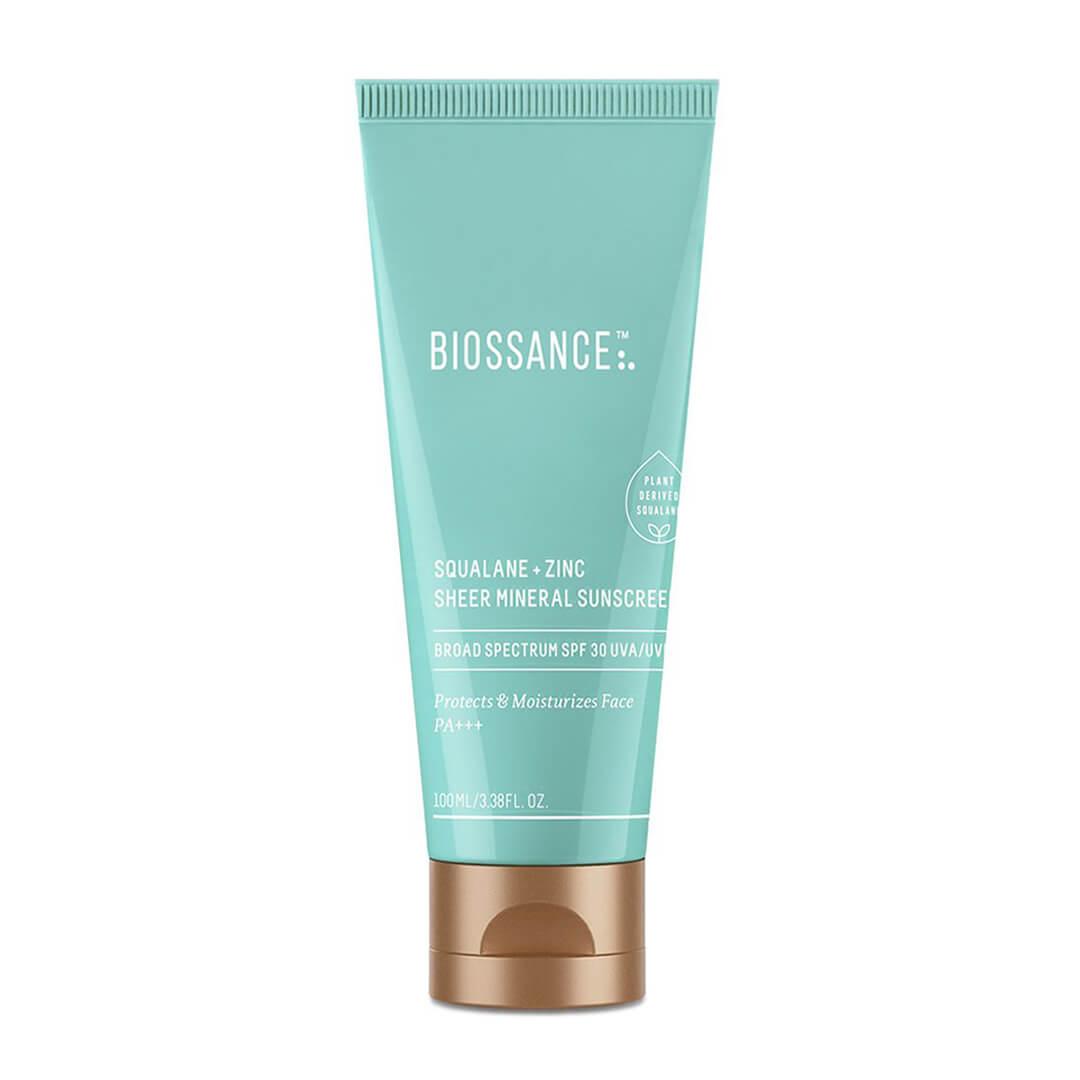

Consider this your gateway formula if you’ve If you’ve been reluctant to try physical sunscreens. With moisturizing squalane (great for dry skin!) and a blendable broad-spectrum formula, it holds up to any chemical SPF lotion out there.
Chemical sunscreens we love
GLOSSIER Invisible Shield
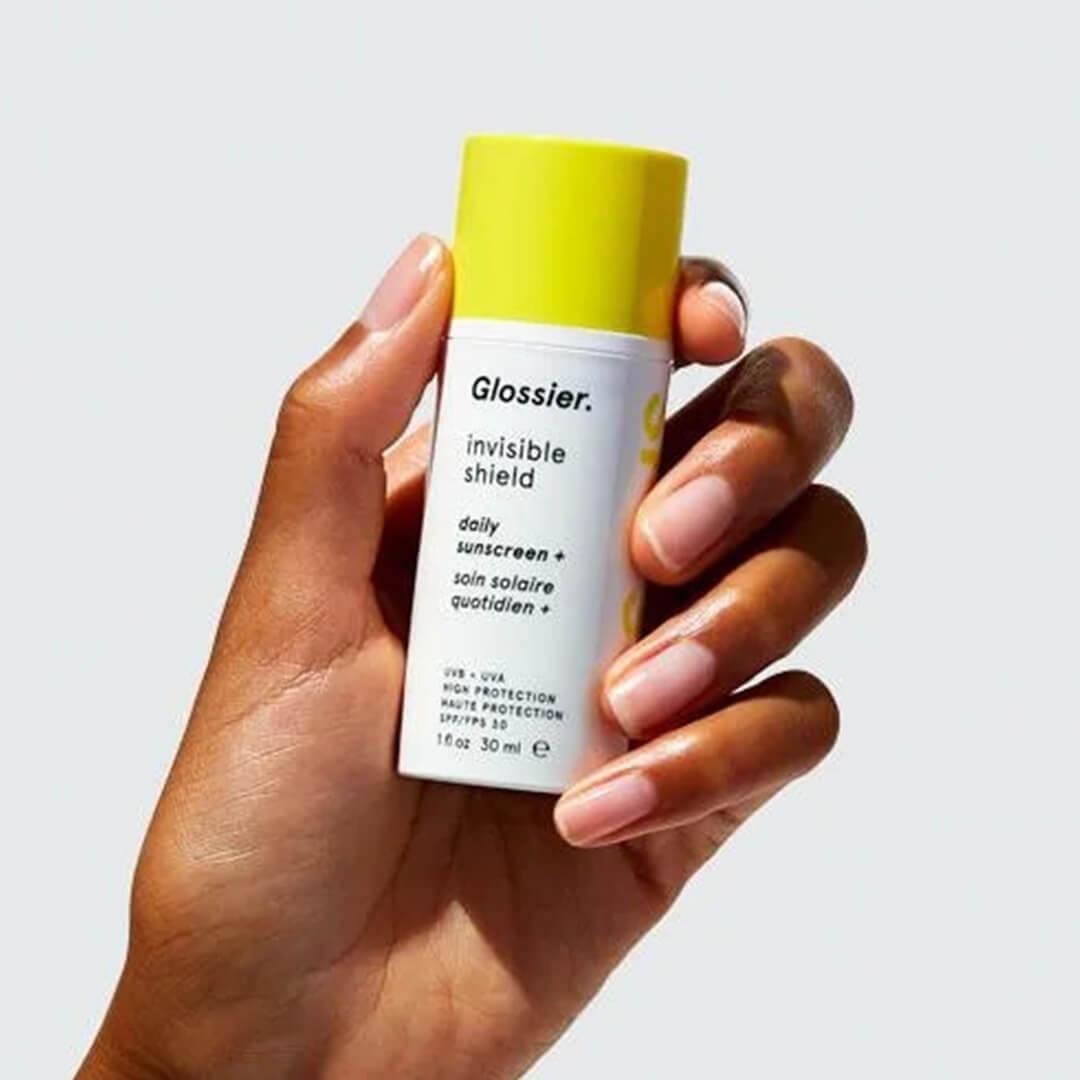

Facial sunscreens like this are why many prefer chemical formulas to physical ones. It’s ultra-lightweight, transparent on all skin tones, vegan, and non-comedogenic. The SPF 35 is high enough for day-to-day use, but if you’re planning on extended sun exposure, just be sure to reapply frequently.
SUPERGOOP! PLAY Antioxidant Body Mist SPF 50 with Vitamin C


Not only does this clear, continuous-spray formula have SPF 50, but it can be applied on wet skin and still offer complete protection. It also infuses skin with vitamin C with each application for added antioxidant protection.
Did you know the IPSY Glam Bag delivers the best in summer skincare right to your door? Take our Beauty Quiz now to get started. Already an Ipster? Refer your friends to earn points, which you can use toward products. Either way, don’t forget to check us out on Instagram and Twitter @IPSY.
Like this article? Share it with your friends by clicking the icons below!
Liked this post? Share!
Related Stories
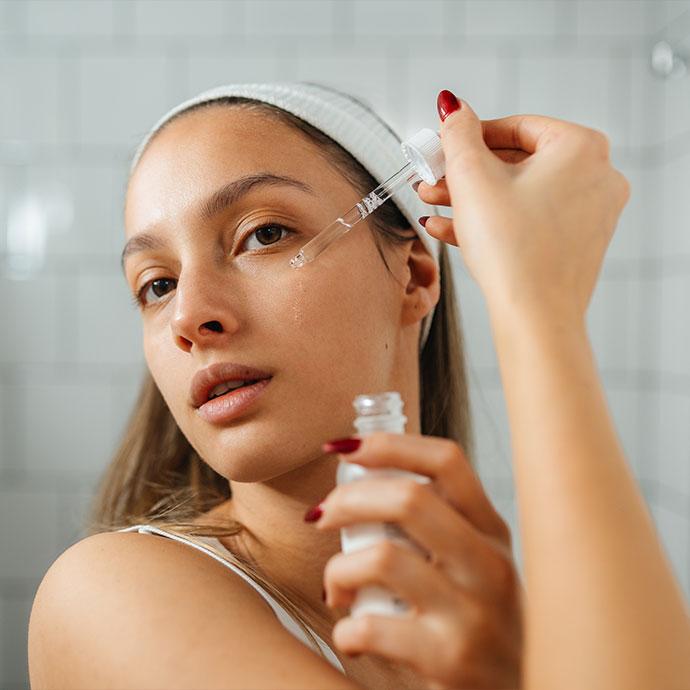
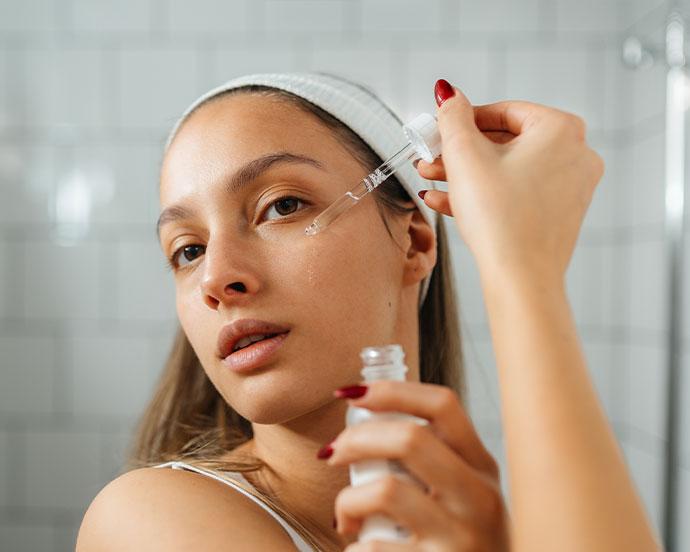
Skin
Rebound Hydration Is the Skin Reset Your Barrier’s Been Asking For
Published on Jan 28, 2026 • 3 min read
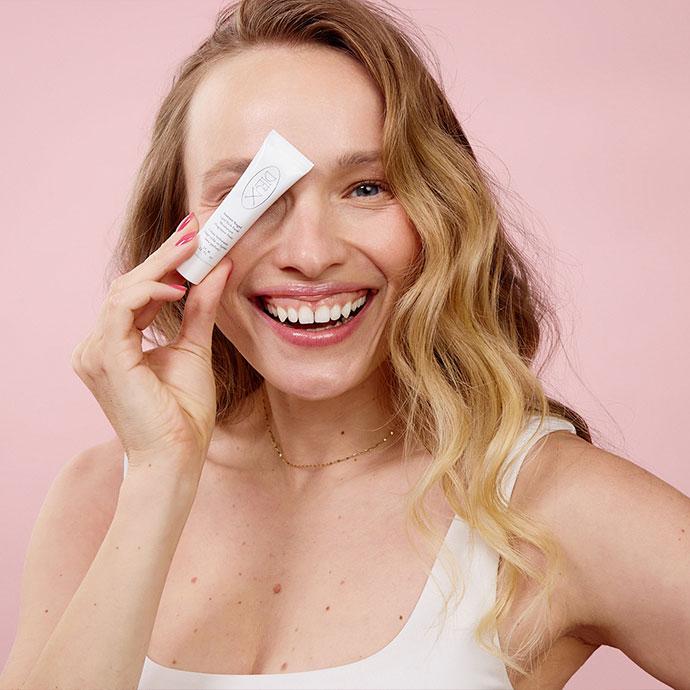
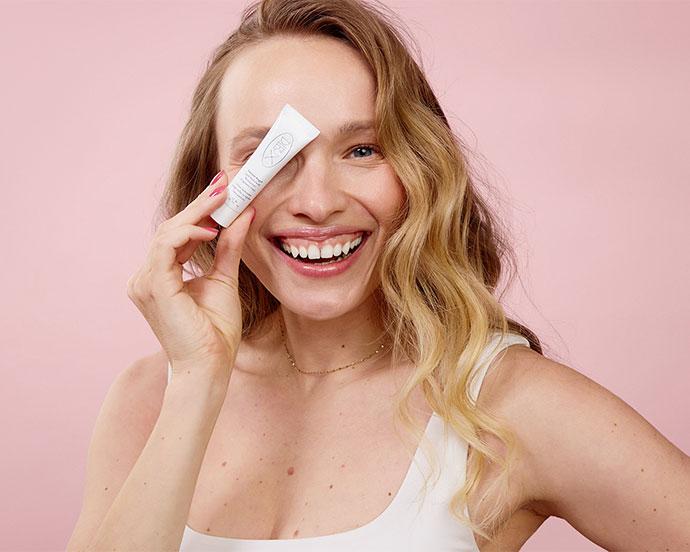
Skin
The No-BS Skincare Movement Starts With DIEUX SKIN
Published on Jan 27, 2026 • 4 min read


Skin
Skinimalism Is the Ultimate Stripped-Back Skincare Trend
Published on Jan 22, 2026 • 6 min read


Skin
Spring Is Coming—Is Your Skincare Ready?
Published on Jan 15, 2026 • 4 min read
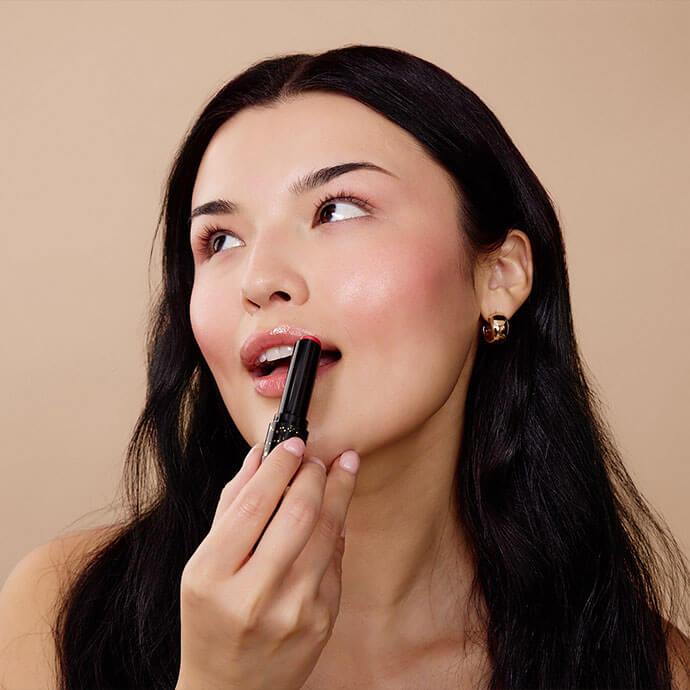
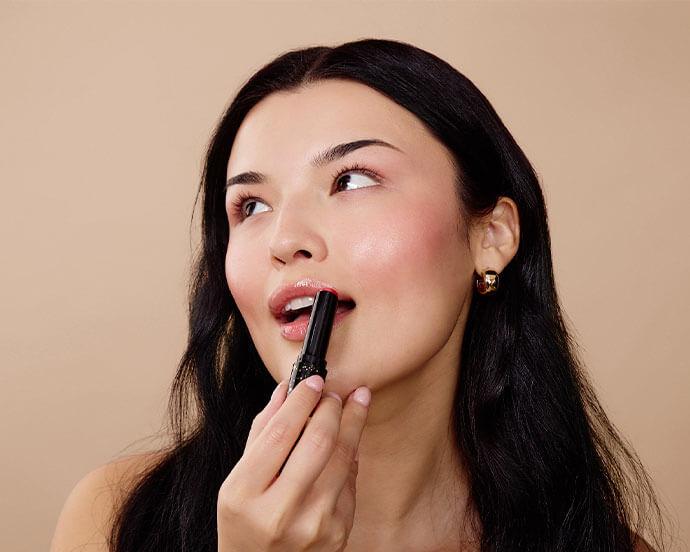
Skin
The Hydration Sandwich Trend Will Save Your Dry Lips This Winter
Published on Jan 13, 2026 • 4 min read


Skin
What Is the Skin Barrier & Why Is Everyone Talking About It?
Published on Jan 12, 2026 • 6 min read


Skin
The New Year Is the Perfect Time to Get Ahead of Inflammaging
Published on Dec 15, 2025 • 8 min read


Skin
How to Adjust Your Skincare Routine for Mature Skin in the Winter
Published on Dec 4, 2025 • 7 min read


Beauty Picked Just for You
Get 5 products worth up to $70
Plus exclusive access to epic deals up to 80% off
Starting at just $14/month. Cancel anytime.